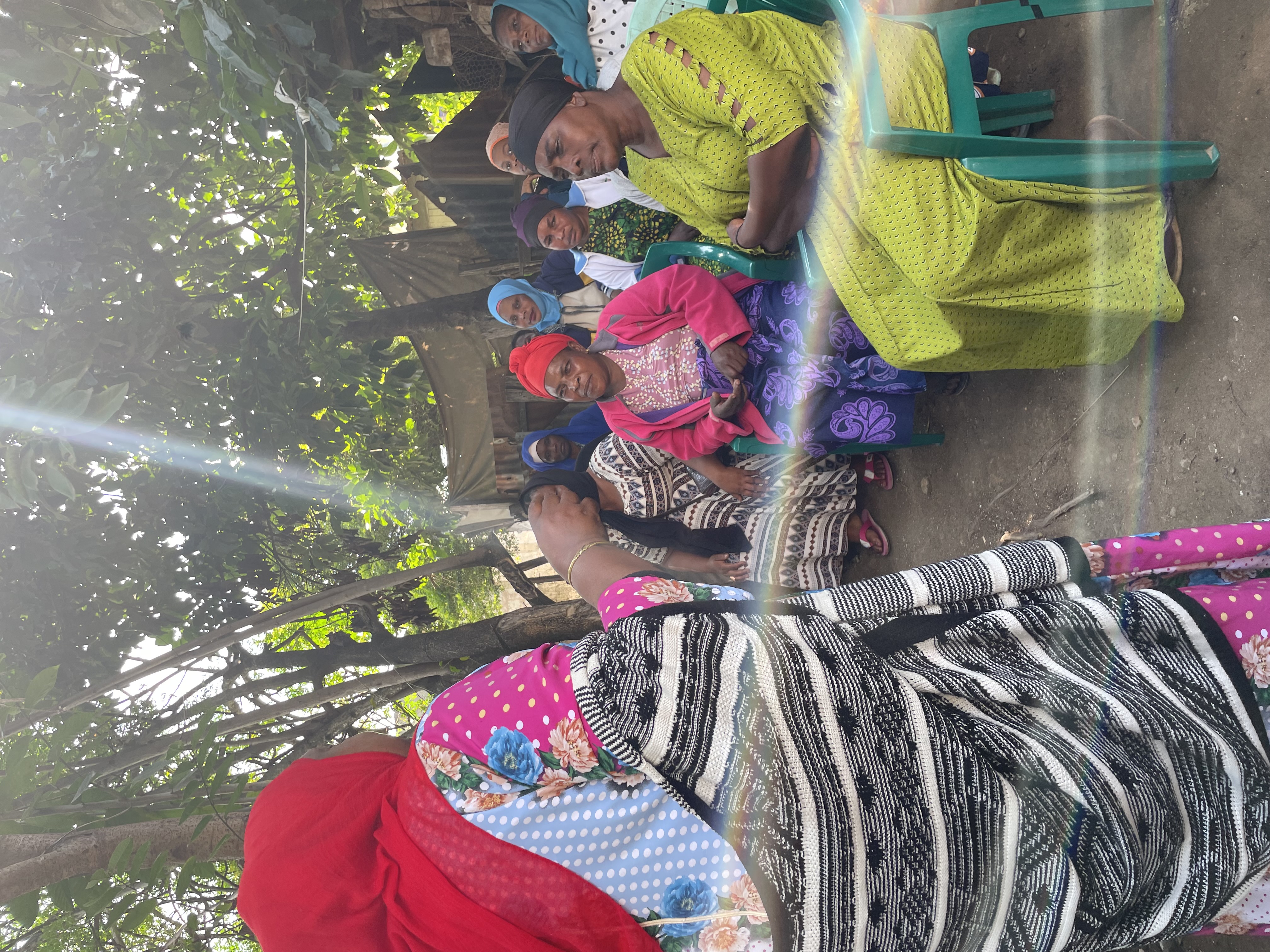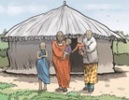Disrupting Child Trafficking: Evaluating A Women-Led Prevention Strategy in Tanzania

Funded by IPA’s Human Trafficking Research Initiative (HTRI), researchers partnered with IPA Tanzania and the Center for Women and Children Development (CWCD) to conduct a pilot randomized evaluation assessing the impact of a women-led information campaign on awareness and prevention of child domestic trafficking.
The Challenge
Human trafficking continues to pose a serious challenge in Tanzania, with children making up the majority of victims. According to recent data from the U.S. Department of State, identified trafficking victims increased by 12 percent in the latest reporting period—84 percent of them were children. Despite Tanzania’s government efforts to counter human trafficking—including investigations, convictions, and increased funding for anti-trafficking programs—key gaps remain in prevention strategies. One of the most pressing concerns is child domestic servitude. This form of trafficking is often mischaracterized as a traditional or cultural norm, which allows it to persist unchecked. Previous research suggests that targeted information campaigns can change social norms and improve awareness.1 Women, who play central roles in Tanzanian communities with regard to children and housework, are in a strong position to lead prevention efforts. Their informal influence and trusted social standing make them effective messengers for spreading awareness and challenging the practices that enable child trafficking.
The Intervention
Funded by IPA’s Human Trafficking Research Initiative (HTRI) and supported by the University of Mannheim, researchers partnered with IPA Tanzania and the Center for Women and Children Development (CWCD) to conduct a pilot randomized evaluation to assess the impact of a women-led information campaign on preventing child domestic trafficking. The information campaign, targeting women's community groups, combines legal information and personal narratives about child domestic work exploitation. The study involves 14 women's groups across urban and rural areas of Arusha, randomly assigned to one of the following groups:
- Information campaign: Women's groups are receiving the full information campaign.
- Comparison Group: Women's groups are receiving a placebo intervention about climate change.
Researchers will also conduct a survey at the end of the intervention to assess its impact on community awareness, social norms, and potential trafficking risks. The primary outcomes will measure changes in understanding of trafficking, perception of moral norms, and willingness to intervene in suspicious situations.
Results will be available in late 2025.
Sources
1 Tjaden, J., Morgenstern, S., & Laczko, F. (2018). Evaluating the impact of information campaigns in the field of migration. Central Mediterranean route thematic report series, 52.
Implementing Partner













